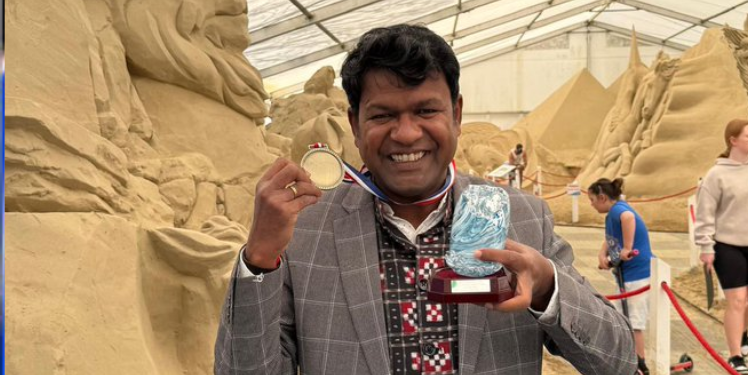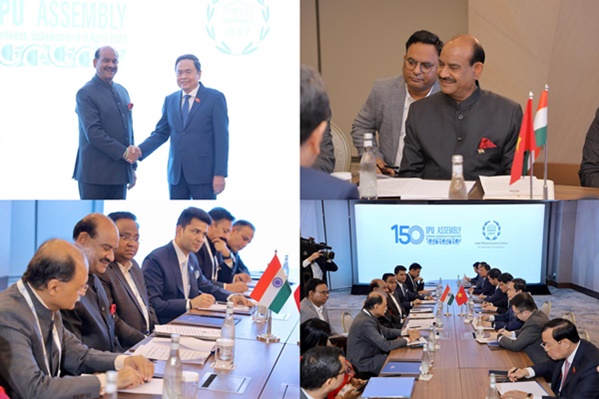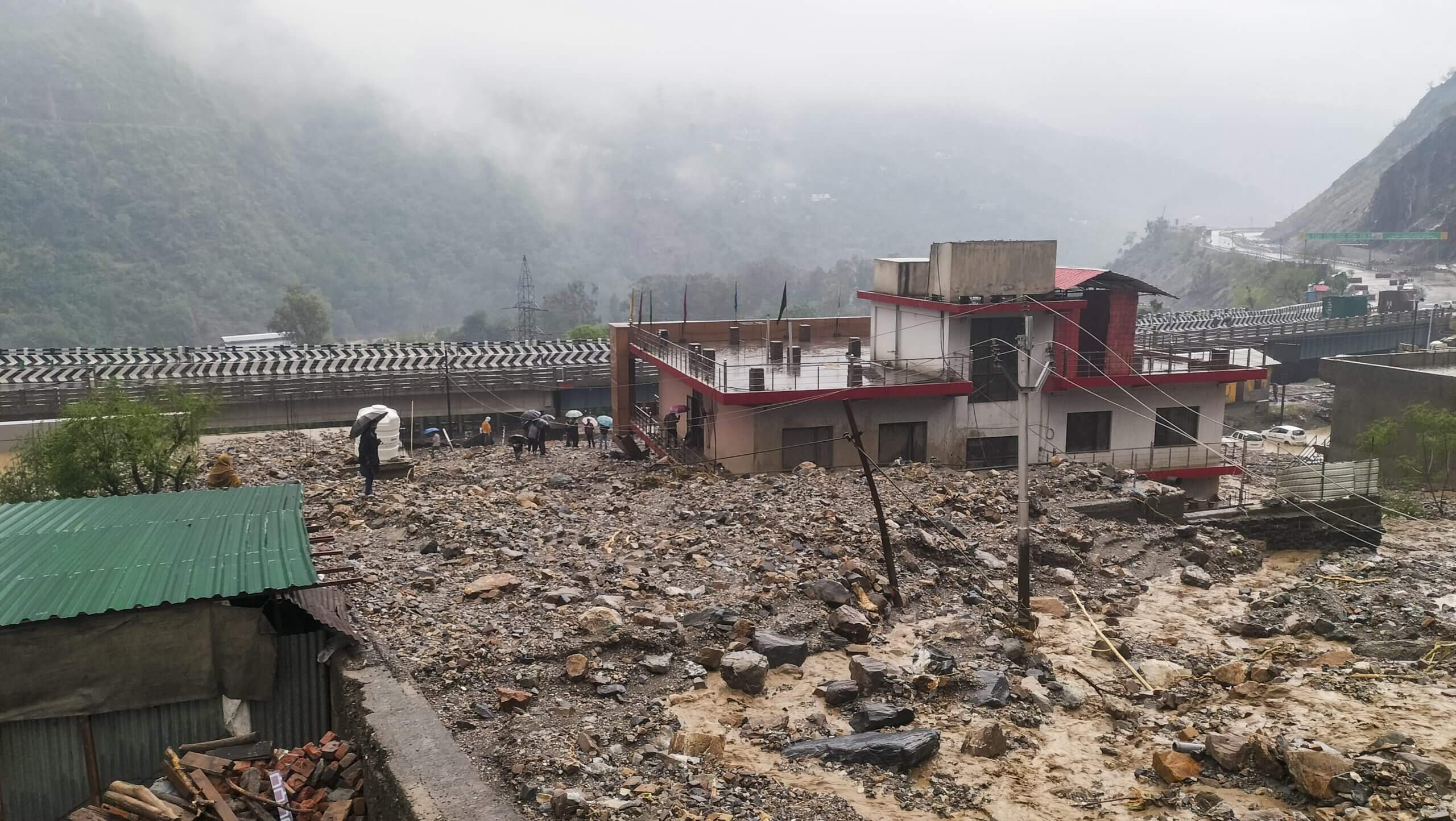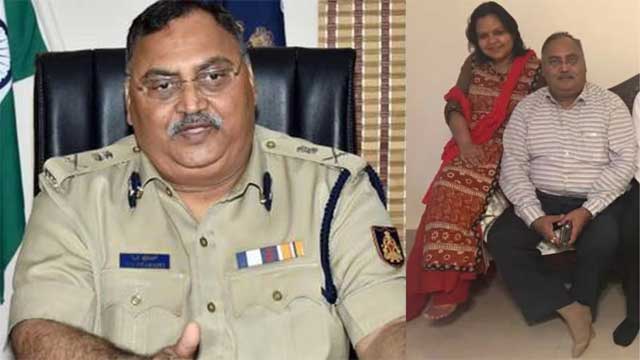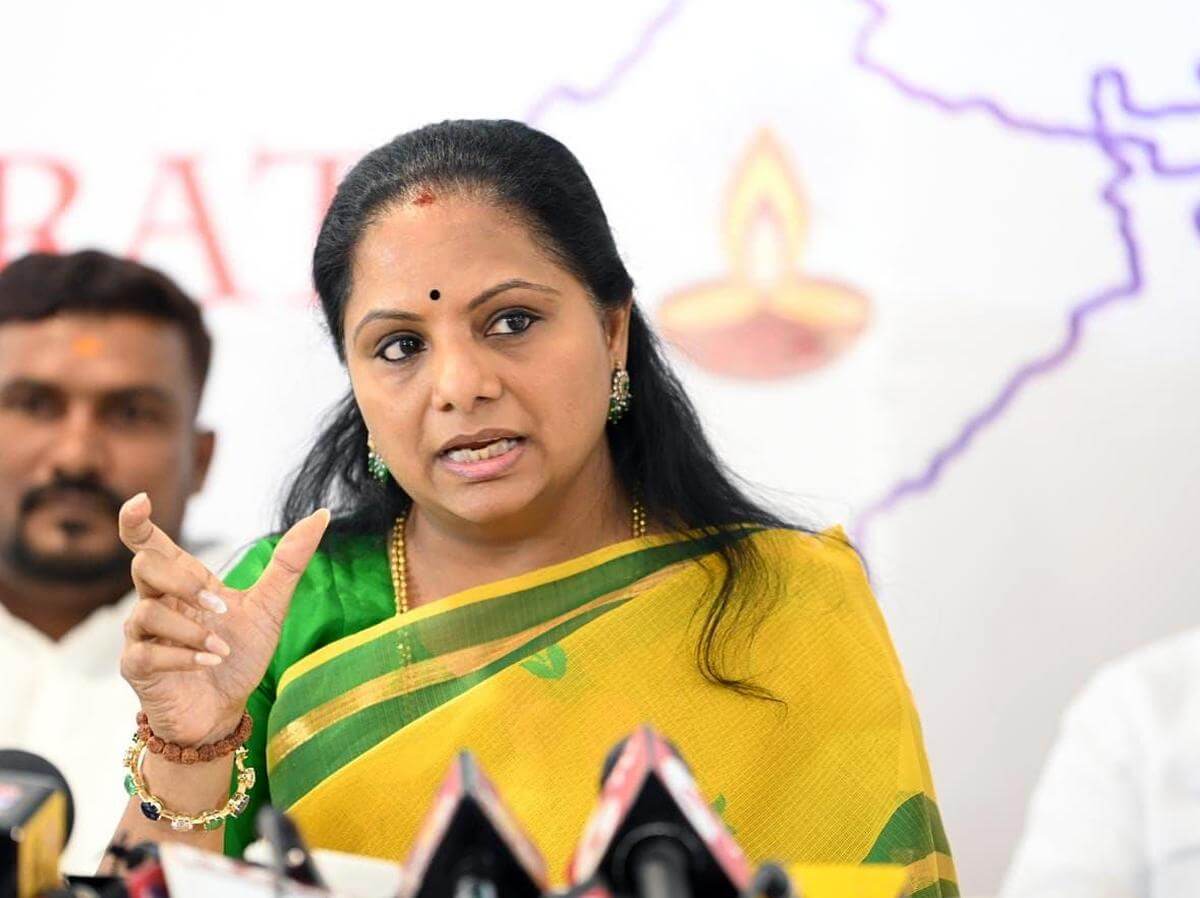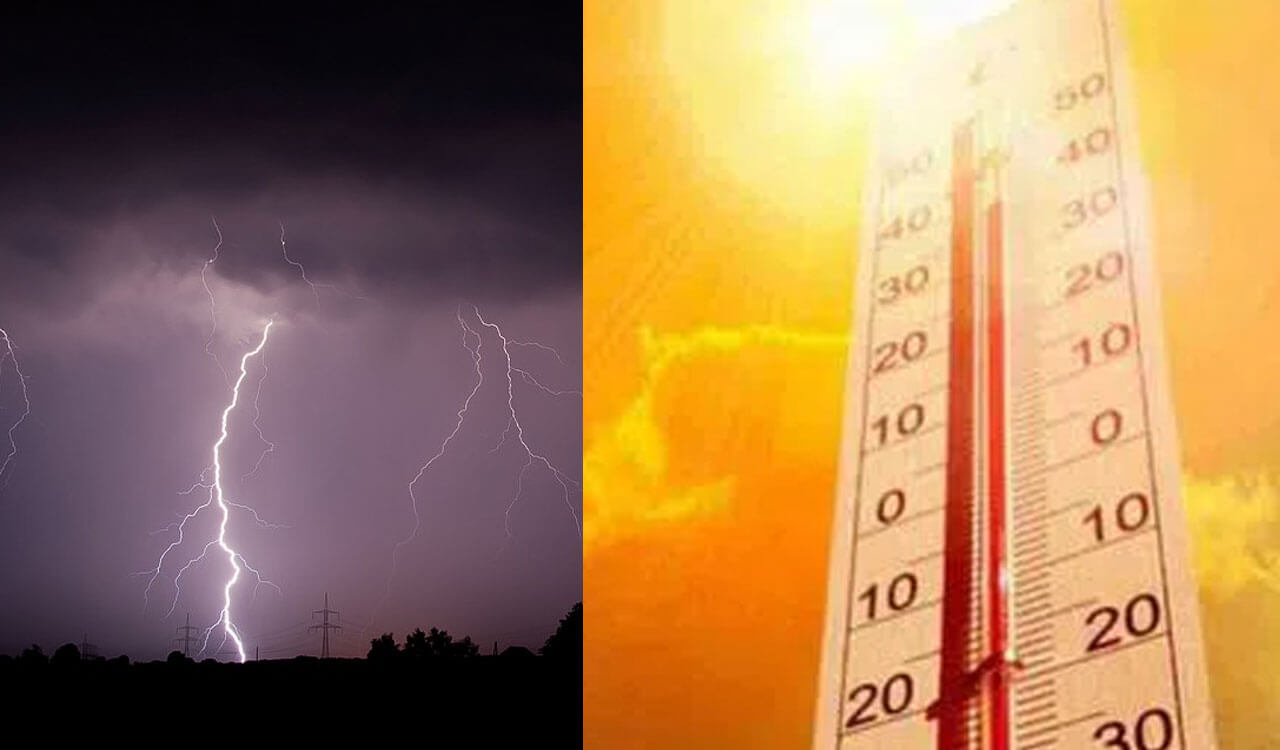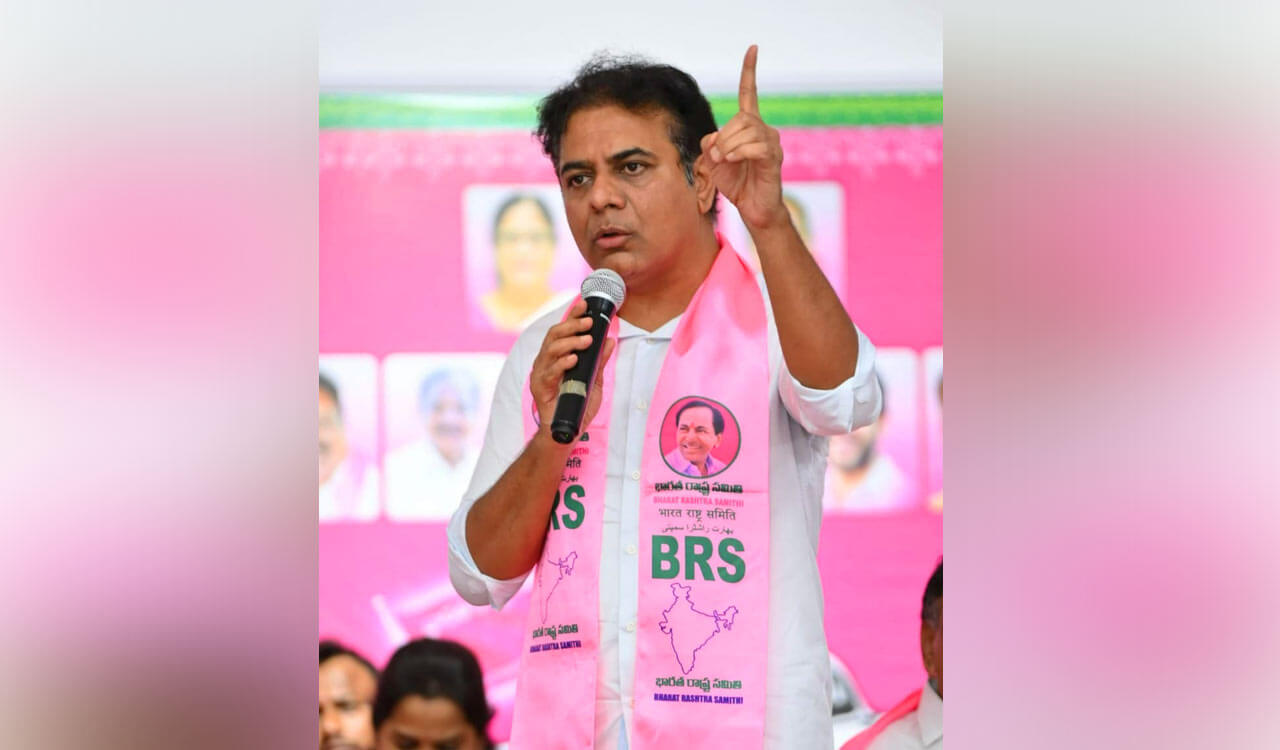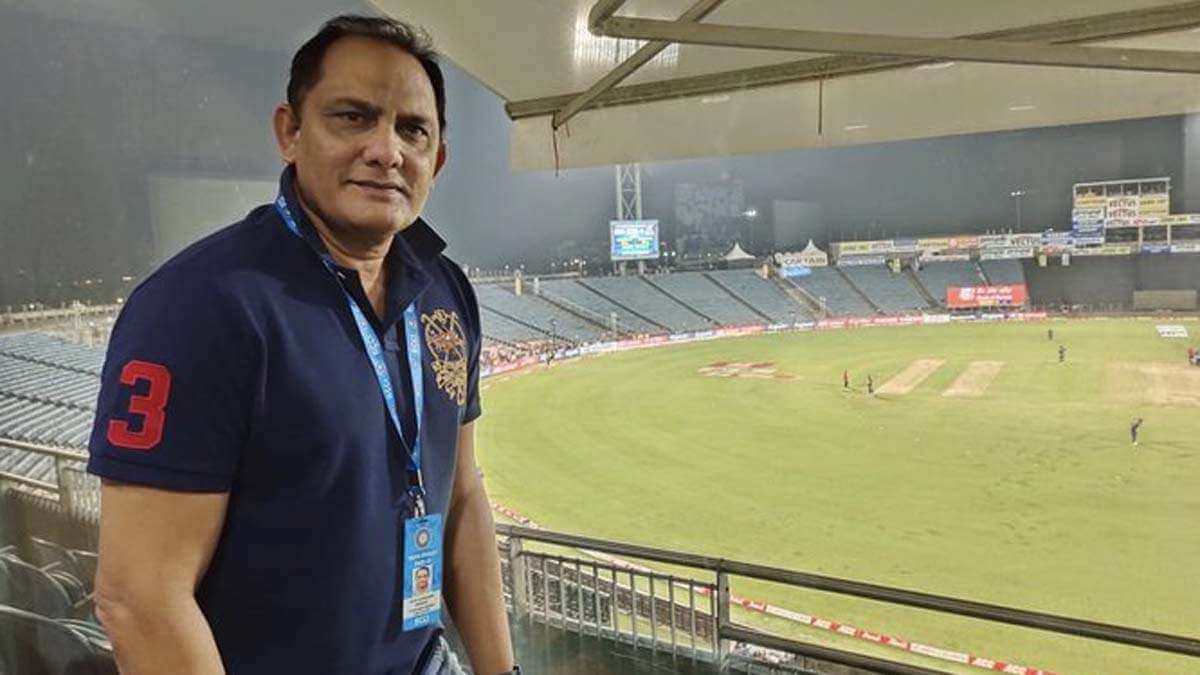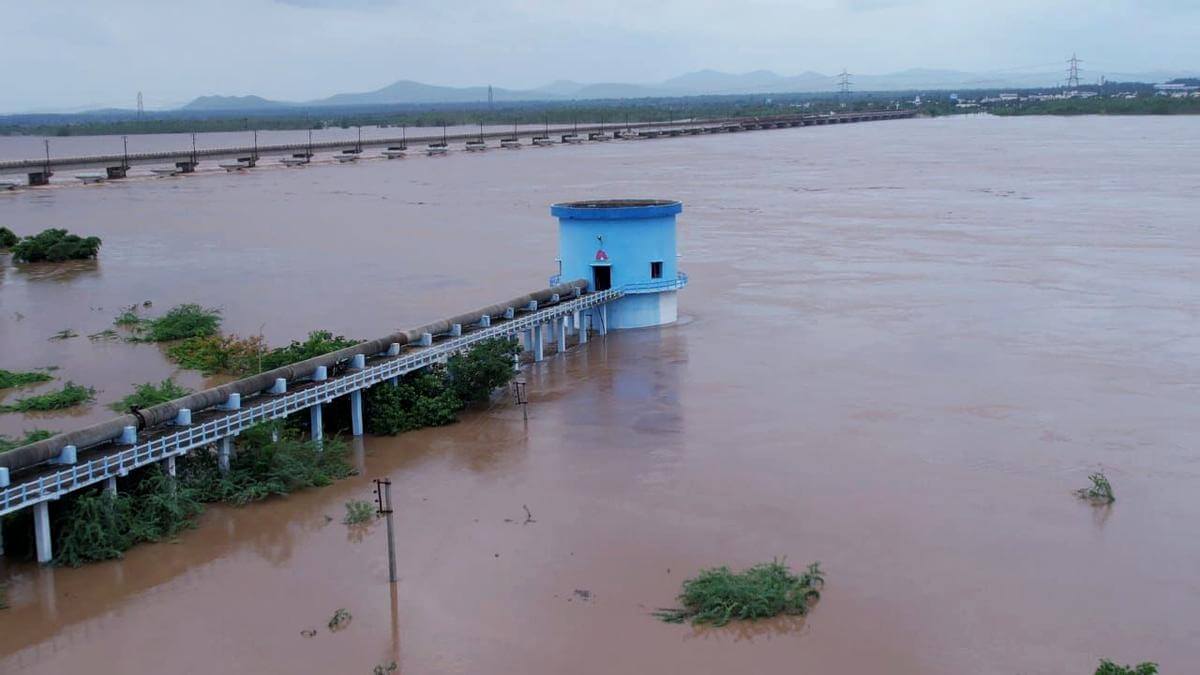Vajpayee, RSS cowered before Indira: account of Emergency
Thu 25 Jun 2015, 16:46:16
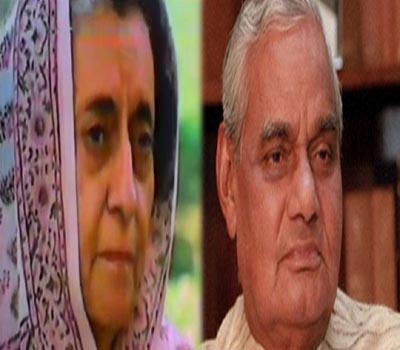
Jun 25, 2015 ( Agency) : What has been true of every anniversary of the Emergency will also be of the 40th – RSS-BJP leaders will recount tales of resistance they mounted against the authoritarianism of Indira Gandhi. But what they will not talk about, or counter, are the accusations Subramanian Swamy made against their leaders in the past.In a piece for the Hindu newspaper, dated 13 June 2000, a fortnight before the 25th anniversary of the Emergency, Swamy claimed then RSS chief Balasaheb Deoras and former Prime Minister AB Vajpayee betrayed the anti-Emergency movement by writing letters of apology to Indira Gandhi. Swamy is now a member of the BJP's national executive.In the piece, Swamy wrote, “It is on the record in the Maharashtra Assembly proceedings that the then RSS chief, Balasaheb Deoras, wrote several apology letters to Indira Gandhi from inside the Yerawada jail in Pune disassociating the RSS from the JP-led movement and offering to work for the infamous 20-point programme. She did not reply to any of his letters.” (The 20-point programme and Sanjay Gandhi’s five-point the Congress regime cited to justify the imposition of the Emergency, in its endeavour to regenerate India.)
Indira. Gandhi, however, replied to Vajpayee, who, Swamy claimed, too wrote apology letters to her. “In fact for most of the 20-month Emergency, Mr. Vajpayee was out on parole after having given a written assurance that he would not participate in any programmes against
the Government,” Swamy declared.It seems the two weren’t the only luminaries from the RSS who apologised to Indira Gandhi, precisely the reason why Swamy thought it was “ludicrous” of the BJP to celebrate the 25th anniversary of the anti-Emergency movement in 2002. He even recommended to readers that they thumb through Akali leader Surjit Singh Barnala’s book which provides “vivid description of other erstwhile Jan Sangh worthies who chose to walk out of prison on promise of good behaviour". (Jan Sangh was subsequently renamed the BJP).
However, Swamy’s wasn’t a wild swipe against the entire RSS. “Not all in the RSS were in a surrender mode,” Swamy noted. “The exceptions were Madhavrao Muley, Dattopant Thengadi and Moropant Pingle.”During the 1975-77 Emergency period, Swamy was an RSS insider, handpicked to represent the Jan Sangh in the Rajya Sabha. His credentials of resisting the Emergency regime are also impeccable. He was underground, crisscrossed India in disguise, and travelled abroad to campaign extensively against Indira Gandhi.He became a hero when he walked into the Rajya Sabha on 10 August 1976 undetected. When Vice-President BD Jatti was about to complete the obituary references, Swami pointed to Jatti that he hadn’t included democracy in his list of recent deaths. As the MPs stood up to observe a two-minute silence for the deceased, Swamy declared he was staging a walkout – and escaped from Parliament before he could be arrested.
Indira. Gandhi, however, replied to Vajpayee, who, Swamy claimed, too wrote apology letters to her. “In fact for most of the 20-month Emergency, Mr. Vajpayee was out on parole after having given a written assurance that he would not participate in any programmes against
the Government,” Swamy declared.It seems the two weren’t the only luminaries from the RSS who apologised to Indira Gandhi, precisely the reason why Swamy thought it was “ludicrous” of the BJP to celebrate the 25th anniversary of the anti-Emergency movement in 2002. He even recommended to readers that they thumb through Akali leader Surjit Singh Barnala’s book which provides “vivid description of other erstwhile Jan Sangh worthies who chose to walk out of prison on promise of good behaviour". (Jan Sangh was subsequently renamed the BJP).
However, Swamy’s wasn’t a wild swipe against the entire RSS. “Not all in the RSS were in a surrender mode,” Swamy noted. “The exceptions were Madhavrao Muley, Dattopant Thengadi and Moropant Pingle.”During the 1975-77 Emergency period, Swamy was an RSS insider, handpicked to represent the Jan Sangh in the Rajya Sabha. His credentials of resisting the Emergency regime are also impeccable. He was underground, crisscrossed India in disguise, and travelled abroad to campaign extensively against Indira Gandhi.He became a hero when he walked into the Rajya Sabha on 10 August 1976 undetected. When Vice-President BD Jatti was about to complete the obituary references, Swami pointed to Jatti that he hadn’t included democracy in his list of recent deaths. As the MPs stood up to observe a two-minute silence for the deceased, Swamy declared he was staging a walkout – and escaped from Parliament before he could be arrested.
No Comments For This Post, Be first to write a Comment.
Most viewed from Specials
Most viewed from World
AIMIM News
Latest Urdu News
Most Viewed
May 26, 2020
Do you think Canada-India relations will improve under New PM Mark Carney?
Latest Videos View All
Like Us
Home
About Us
Advertise With Us
All Polls
Epaper Archives
Privacy Policy
Contact Us
Download Etemaad App
© 2025 Etemaad Daily News, All Rights Reserved.











